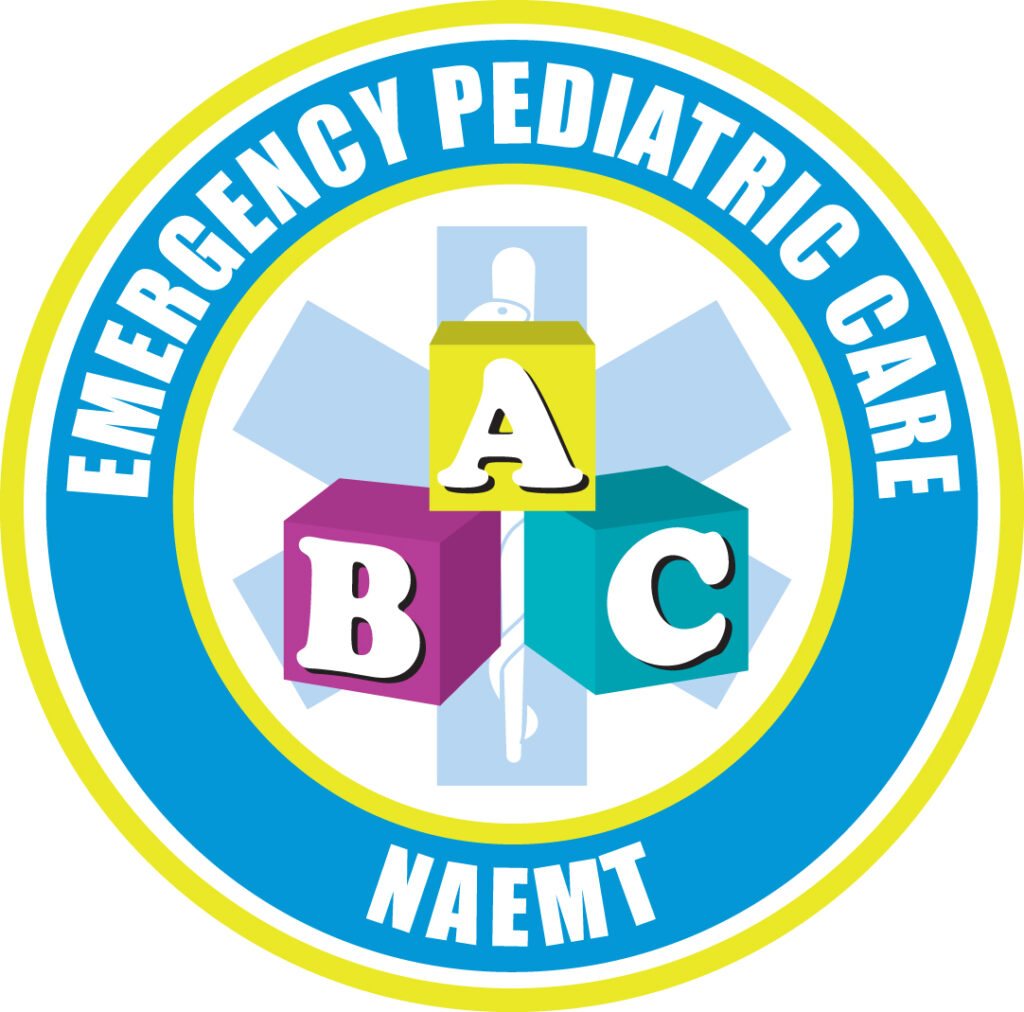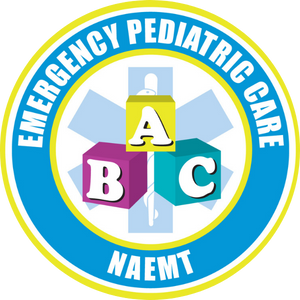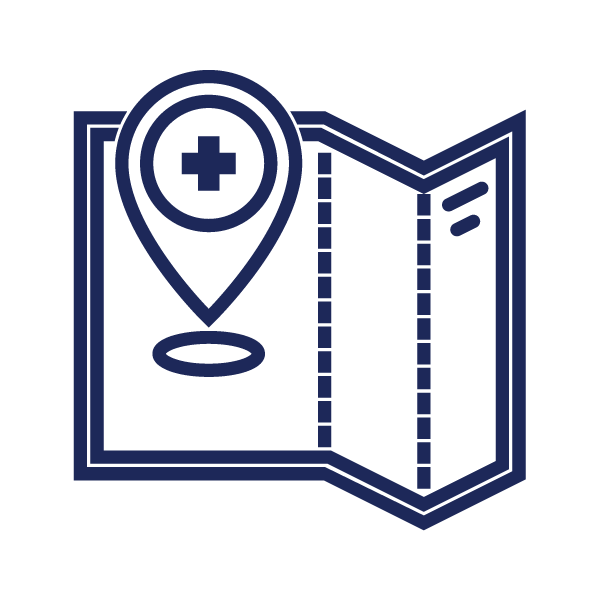NAEMT EPC
NAEMT Emergency Pediatric Care (EPC)


Course Cost
-
Initial Provider $195
(16hrs)
-
Hybrid Provider $175
(8hrs online + 8hrs classroom)
-
Refresher Course $150
(8hrs)
Course Overview
The National Association of Emergency Medical Technicians (NAEMT) Emergency Pediatric Care (EPC) course focuses on critical pediatric physiology, illnesses, injuries and interventions to help EMS practitioners provide the best treatment for sick and injured children in the field. The course stresses critical thinking skills to help practitioners make the best decisions for their young patients.
EPC is appropriate for EMTs, paramedics, emergency medical responders, nurses, nurse practitioners, physician assistants, and physicians. EPC is accredited by CAPCE and recognized by NREMT.
Course Curriculum
Topics covered include:
- The pathophysiology of the most common critical pediatric emergency issues, and critical thinking skills to help practitioners make the best decisions for their patients.
- Application of the Pediatric Assessment Triangle (PAT), a tool to help EMS practitioners rapidly and accurately assess pediatric patients.
- The importance of family-centered care.
- Understanding and communicating with children.
- Airway management, breathing and oxygenation.
- Cardiac emergencies.
- Recognizing child abuse and neglect.
- Hypoperfusion and shock.
- Newborn resuscitation.
Certification Details
Certification is valid for 4 years, expiring at the end of the month.
Instructor Information
Our instructors are active healthcare providers to include nurses, EMTs, and paramedics.
Training Format
This course is available as 100% in-person or as a hybrid 1-day option. The hybrid option includes 8hrs of online modules, completed at your convenience prior to the associated 8hr in-person classroom skills. *The hybrid option counts as an initial or renewal certification.
Benefits of Certification
Participants who successfully complete any EPC course will receive a globally recognized certification, which can enhance their career, provide a marketable skill, and demonstrate their expertise in prehospital pediatric care. By far, this is one of the best pediatric courses out there.
Student Resources
Testimonials and Reviews
FAQs
Who can take EPC?
NAEMT EPC is designed for all prehospital providers. EMS, Fire, EMTs, RNs, PAs, and even physicians.
Do I get education credit for EPC?
NAEMT EPC offers 16hrs CPACE for EPC Initial course and Hybrid courses. 8hrs CAPCE for EPC Refresher/Renewal. Sadly, CAPCE does not count towards RN CEs
Is there an online EPC option?
STS does offer a Hybrid EPC option where 8hrs of pre-course modules are completed at your leisure and 8hr hands-on are completed in the classroom.
I’ve never heard of NAEMT EPC, is it even a good course?
Honestly, it’s one of the best pediatric courses we’ve ever participated in. It’s a course combined with ENA ENPC & AHA PALS plus more! It’s crazy good material. Compare EPC vs. PALS HERE
How often do you hold EPC courses?
We only hold EPC courses by request. We can hold private courses or open registration courses. We can conduct a course at your location. Feel free to hit us up!
Team training for your group or organization to improve client safety & well-being.
Looking for a group or an organization solution? Contact Us
We have a qualified team ready to answer questions!
Get in Touch
Let us know what your needs are so we can provide you with the best service.

Our Locations
- San Antonio, TX, USA
- Austin, TX, USA
- Dallas, TX, USA
- Houston, TX, USA

Share This Course

National Association of Emergency Medical Technicians
Formed in 1975 and over 75,000 members strong, the National Association of Emergency Medical Technicians (NAEMT) is the only national association representing the professional interests of all EMS practitioners, including paramedics, emergency medical technicians, emergency medical responders, and other professionals providing prehospital and out-of-hospital emergent, urgent or preventive medical care.
NAEMT members work in all sectors of EMS, including government service agencies, fire departments, hospital-based ambulance services, private companies, industrial and special operations settings, and in the military.
NAEMT serves its members by advocating on issues that impact their ability to provide quality patient care, providing high quality education that improves the knowledge and skills of practitioners, and supporting EMS research and innovation.
